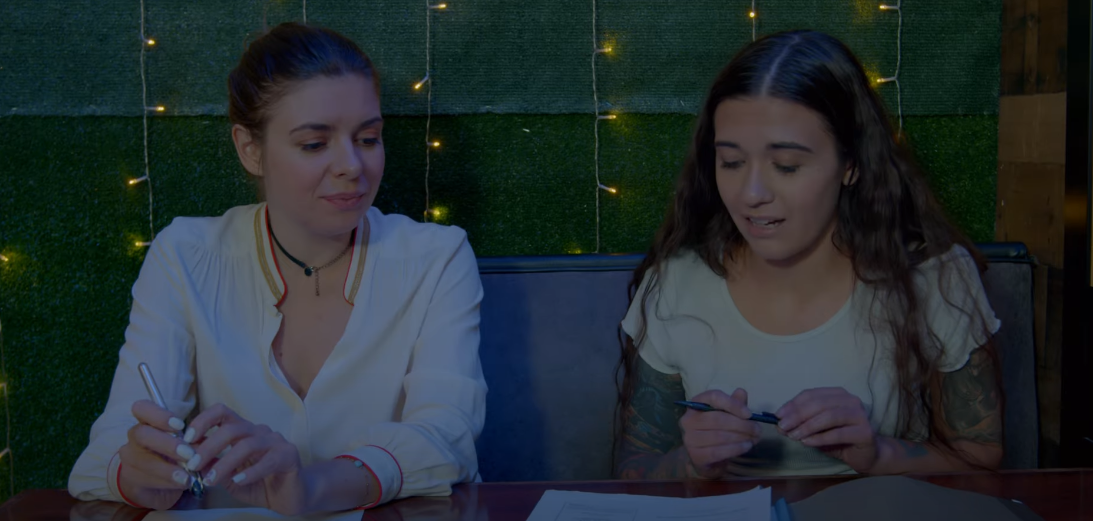Jamie Grefe’s The Centipede Strangler is a 2025 thriller that firmly lands in the realm of experimental, fetish-tinged horror. The film follows a psychic investigator drawn into madness while pursuing a killer obsessed with centipedes, but beyond this basic premise, narrative coherence is almost entirely absent.
Grefe not only directed and wrote the film but also stars in it, which can often lead to uneven results—and here, it does. The script struggles with logic and pacing, feeling at times as though it was conjured more from the idea of shocking imagery than from any narrative ambition. Dialogue is stilted, plot developments are minimal, and the 66-minute runtime is dominated by long, repetitive sequences that focus on surreal, sexually charged horror rather than advancing the story.
Despite these issues, there are elements that stand out. Hannah Webb and Anna Bukhareva, the film’s leads, throw themselves fully into the material. Their performances are unnervingly committed, lending a spontaneous, unsettling energy to sequences that might otherwise feel flat. Even in a movie as bizarre and fetish-driven as this, the actresses’ dedication makes these moments feel almost hypnotic.
The production values are mixed. Sound design is weak, and props—particularly the rubber centipedes—look far less impressive than the film’s promotional materials suggest. Cinematography is largely static, set in a single hospital room for most of the runtime, which can make the experience feel claustrophobic in a way that’s more frustrating than suspenseful. On the plus side, the poster and concept have a visual allure that hints at the strange creativity underlying the project.
Ultimately, The Centipede Strangler is not for the mainstream viewer. Its emphasis on fetish horror and surreal imagery over narrative coherence makes it a niche experience, and many will find it disturbing or unwatchable. That said, for those interested in avant-garde horror or extreme experimental cinema, it offers a bizarre, highly committed—if deeply flawed—vision.
Jessie Hobson



